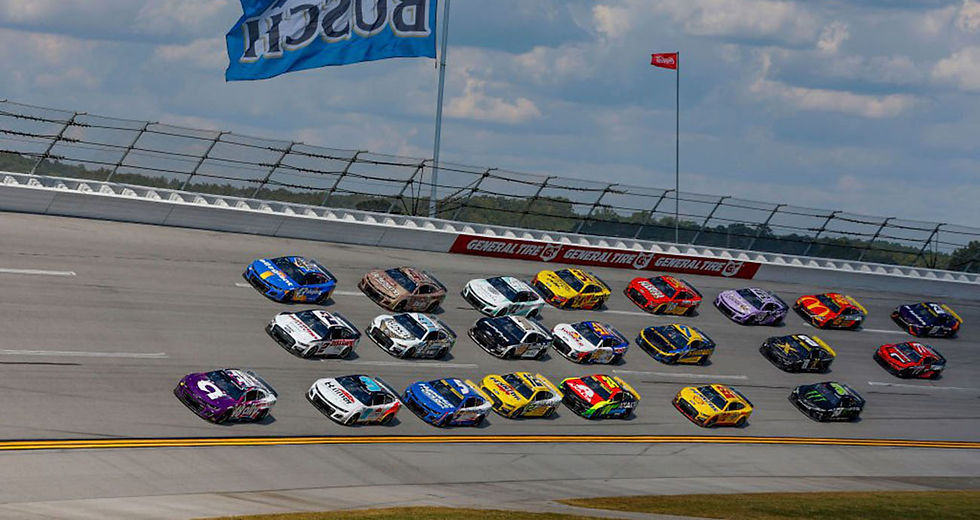The 2022 Formula One Championship Ends in Confusion
- Justin Mader

- Oct 12, 2022
- 3 min read
Updated: Nov 1, 2022

This past weekend, Red Bull driver Max Verstappen secured his second consecutive Formula One World Driver’s Championship by winning the 2022 Japanese Grand Prix. Verstappen drove the RB18 to 12 wins and 14 podiums with four races still to go in the season. Red Bull started the season with reliability issues which caused Verstappen to retire in two of the first three races this season. Once Red Bull fixed those issues, Verstappen dominated most of the races this season. Avid fans saw this championship coming due to Ferrari’s strategy issues and Mercedes’ lack of straight-line speed.
However, the Japanese Grand Prix ended with confusion. Even Verstappen was unaware he had secured the championship. Those around the driver had to convince him that the points fell in his favor crowning him the champion. So how could this be? How could there be so much confusion about how points the FIA gives out points?
The answer lies in the changes the FIA made to the point structure following the 2021 Belgian Grand Prix. During that race, rain caused severe delays. Formula One races are limited to a hard three-hour limit from the intended start time. Weather delays can cause the race to be ended by this three-hour limit rather than drivers finishing the original amount of intended laps.
The FIA changed the sporting regulations to state that the FIA would award fewer points to the drivers if the drivers run less than a complete race. For example, if the drivers run a whole race, the first-place driver receives 25 points; but if the drivers run only 50-75% of the race, the first-place driver only gets 19 points. See articles 6.4 and 6.5.
Unfortunately, the changes the FIA made to the rules did not have the intended effect due to the wording of the regulations. The rules state that the FIA will only give out reduced points for a race “If a race is suspended in accordance with Article 57, and cannot be resumed.” The rules do not state that the FIA will award reduced points when the race concludes due to the three-hour time limit under normal conditions.
Article 57 is where the bulk of the confusion lies. Teams were under the impression that the FIA would hand out reduced points for ANY race if drivers ran less than 75% of their intended distance. Instead, the wording states that the FIA would hand down reduced points only when the race is suspended and doesn’t resume. Verstappen won the Japanese GP by completing 28 of the original 53 laps (just under 53% of the intended distance). He, and most others, believed that this meant the FIA would award Verstappen 19 points which would not have secured the championship.
In the end, the conclusion to the 2022 championship race was confusing but hardly as controversial as the end of last year’s championship. Verstappen winning the 2022 championship seemed inevitable based on his performances. If Verstappen couldn't win the driver's championship in Suzuka, he would have most likely won at the United States Grand Prix on October 23rd.
Related to Formula One controversy, recent news has also emerged that Red Bull may have exceeded the cost cap during the 2021 Formula One season. The FIA implemented a cost cap to even the playing field for teams with potentially less funding given free spending. This news could add more controversy to an already controversial 2021 season. As always, keep in touch with Conduct Detrimental for all developing legal controversies in Formula One.
Justin Mader is a recent graduate of the University of New Hampshire Franklin Pierce School of Law, earning a J.D. and a Sports and Entertainment Law Certificate. He also serves as a Producer, Editor, and Contributor for Conduct Detrimental. He can be reached via Twitter: @maderlaw and LinkedIn at https://www.linkedin.com/in/justin-mader-15a602119/.








